Health
7 Vitamins that Supercharge your Body and Brain
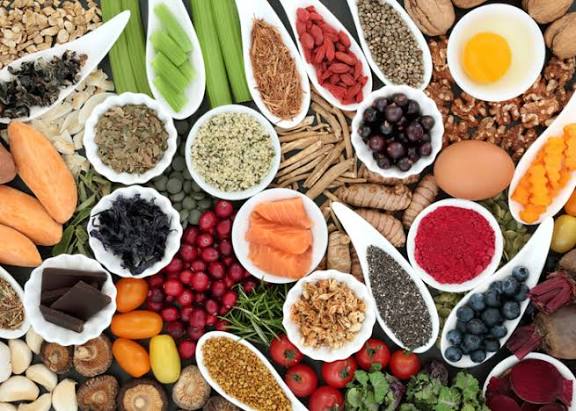
Vitamins aren’t just another part of a balanced diet, they play a vital role in the body and brain. When the right vitamins are taken, your body becomes healthier and your cognitive abilities improve. Here are seven vitamins that can benefit your body and brain, making you perform to the best of your abilities.
Vitamin B12
Vitamin B12 is essential for the nervous system. It helps the brain function better and lifts your mood. This vitamin supports the body by producing more red blood cells which carry oxygen. Lack of enough B12 will make you tired, sluggish, and forgetful. Eggs, fish, lean meats, and milk are good sources of this vitamin.
Vitamin D

Vitamin D is also known as the “sunshine vitamin. This is because it is believed that moderate exposure to sunlight will give you this nutrient. It plays a crucial role in nerve growth and reduces depression. You should consider eating salmon, yolks, and dairy products to have more of these vitamins.
Vitamin A
Vitamin A is best known for keeping your vision sharp, but it also supports brain development and function. It protects neurons and helps regulate gene expression in the nervous system. In the body, it boosts immunity and keeps your skin and tissues healthy. Carrots, sweet potatoes, spinach, and dairy products are excellent ways to add Vitamin A to your meals, and most brightly colored fruits and vegetables are rich in it too.
Vitamin C

Vitamin C is best known for protecting against colds, but its benefits run deeper. For the body, it strengthens the immune system and helps heal tissues. For the brain, it acts as a powerful antioxidant, protecting your brain cells from damage and supporting memory. Oranges, strawberries, kiwi, bell peppers, broccoli, and even a glass of orange juice are all rich in Vitamin C.
Read Also :A Delicious Green Smoothie Recipe for Energy and Glow
Vitamin E
Vitamin E is like a shield for your cells. It protects both body and brain from oxidative stress, which can speed up aging and memory decline. For your body, it keeps your skin, vision, and immune system strong. For your brain, it’s linked to better cognitive function and slowing age-related decline. You can get plenty of Vitamin E from almonds, hazelnuts, sunflower seeds, spinach, and oils such as olive or sunflower oil.
Vitamin B6
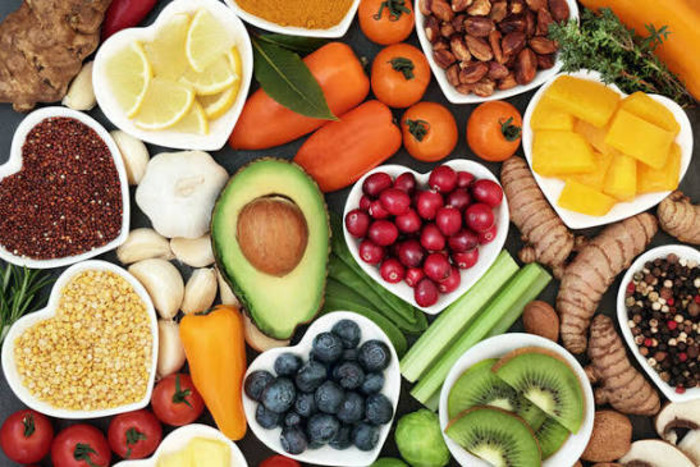
Vitamin B6 is the behind-the-scenes helper that keeps your body and brain chemistry balanced. It supports the production of hemoglobin, which carries oxygen, and helps break down proteins for energy. For the brain, it’s vital in producing serotonin and dopamine — the “feel-good” chemicals that affect mood and focus. Chicken, turkey, bananas, potatoes, and fortified cereals are all good sources of this vitamin.
Vitamin K
Vitamin K is often overlooked, but it’s essential. For the body, it helps your blood clot properly and strengthens bones. For the brain, research shows it supports cognitive health and protects against conditions like Alzheimer’s by aiding in the production of brain-protective fats. You’ll find it in leafy greens such as kale, spinach, and broccoli, as well as in fish, eggs, and certain cheeses.
Conclusion
Your body and brain are constantly working, and vitamins are the silent partners that keep everything running smoothly. From sharper memory and stronger focus to healthier bones and a stronger immune system, the right nutrients make a big difference. Instead of relying only on supplements, the best way to get these vitamins is through a colorful, balanced diet full of fruits, vegetables, lean proteins, and healthy fats. Small, consistent choices in what you eat can truly supercharge both your body and your brain.
Health
Exercise May Aid Stroke Recovery by Transporting Mitochondria to the Brain

Exercise may support recovery after a stroke by facilitating the transfer of healthy mitochondria to damaged areas of the brain. Mitochondria are small structures inside cells that produce energy. After a stroke, many brain cells lose their energy supply. Exercise may help cellular energy production and improve neurological recovery.
Exercise Boosts the Release of Healthy Mitochondria

Exercise Drills: Istock
Regular exercise increases mitochondrial production. During physical activity, cells are stimulated to make more mitochondria. Some supporting cells can release healthy mitochondria into the surrounding environment. However, knowing the best time to workout is ideal for better results.
Research suggests that these mitochondria can move beyond their original cells. Exercise may increase this release, creating a greater availability of healthy mitochondria that the body can use to support damaged brain tissues.
Exercise Improves Blood Flow that Carries Mitochondria

Strength Exercise: IStock
Exercise increases blood circulation. With increased blood flow, oxygen, nutrients, and cellular components circulate easily. This improved circulation helps transport mitochondrial signals toward the brain.
After a stroke, blood flow to the affected brain is limited. By engaging in regular exercise, circulation improves. This may increase the likelihood that healthy mitochondria reach affected brain cells.
Exercise helps Brain Cells Receive Mitochondria
Exercise triggers the release of chemical signals that helps repair themselves. These signals may help brain cells take in healthy mitochondria from nearby cells. This process may support energy production inside damaged neurons.
Once inside the brain cells, healthy mitochondria can improve cellular energy production and reduce cellular repair. This may help neurons survive and regain function after stroke.
Read also : Fiber Supplements That Support Weight Management and Brain Health
Exercise Supports Mitochondrial Repair inside the Brain

Arms exercises: IStock
Physical activity also improves the health of mitochondria already present in brain cells. Exercise supports cellular repair systems that remove to clean damaged mitochondria and replace them with healthier ones.
This process supports better energy use and reduces damaging byproducts inside brain cells. Stronger mitochondrial function allows the brain to promote healing and rebuild lost connections after a stroke.
Exercise Strengthens Brain Recovery through Energy Support
Recovery after stroke depends on the brain’s ability to form new pathways. This process requires energy. With better mitochondrial delivery and function, exercise may provide the required energy for motor recovery.
Safe exercise programs are commonly used in stroke rehabilitation. Aside from strength and balance, these activities may help the brain recover more effectively.
Health
Fiber Supplements That Support Weight Management and Brain Health
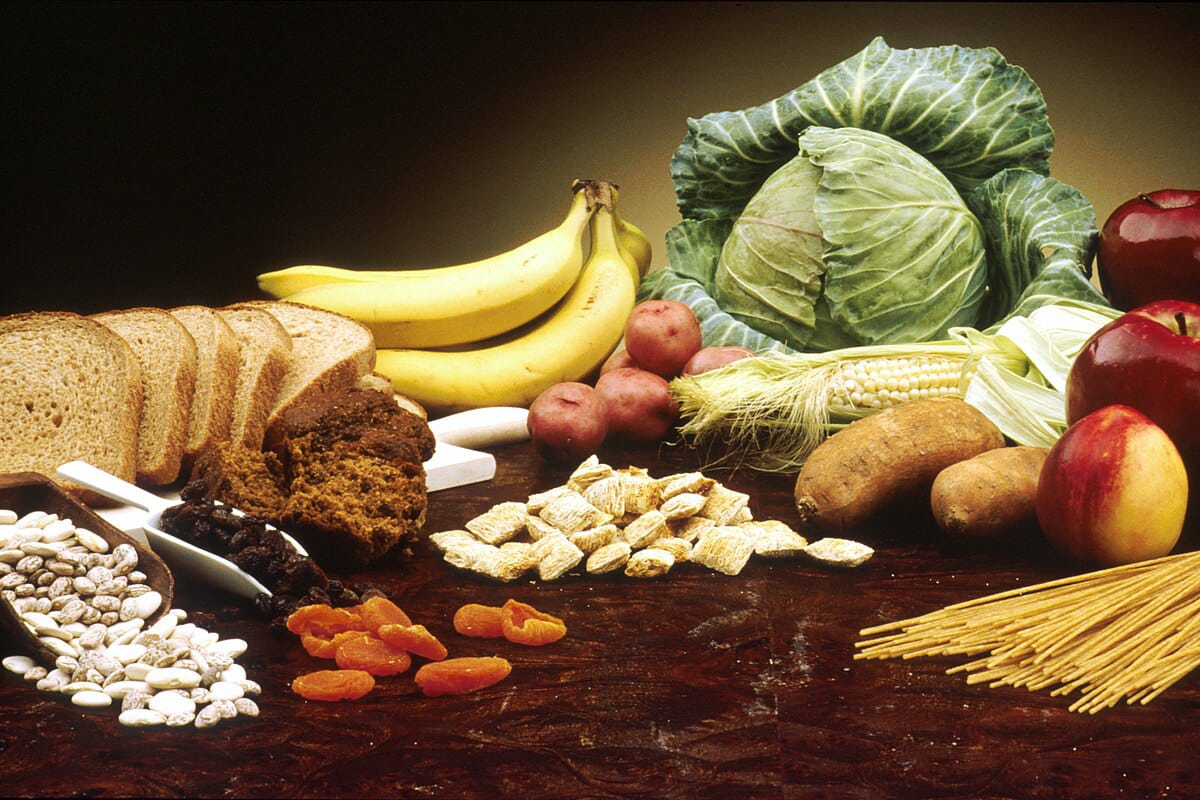
Fiber supplements are increasingly recognized for their potential to aid weight management and contribute to cognitive health. While not a replacement for a balanced diet or medical guidance, research indicates that specific fibers, particularly soluble and prebiotic types, can influence appetite, metabolism, and gut-brain communication.
Dietary fiber is a carbohydrate the body cannot fully digest. Soluble fibers, including psyllium, inulin, and beta-glucans, absorb water in the gut, slow digestion, and help create a sense of fullness. Insoluble fibers support regular bowel movements and overall digestive function. Introducing fiber supplements can help supplement dietary intake, particularly when daily fiber consumption is low.
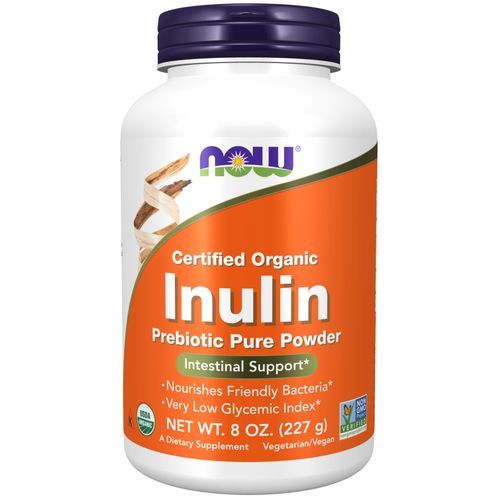
Photo Credit – Google
Clinical studies show measurable effects on weight management. In a randomized trial, participants taking a multi-fiber supplement, containing glucomannan, psyllium, inulin, and apple fiber, experienced greater reductions in body weight, body mass index, and visceral fat than those taking a placebo. Improvements in inflammatory markers were also observed. Other trials demonstrated that supplementing 5–7 grams of fiber daily alongside a reduced-calorie diet enhanced weight loss compared with diet alone, likely due to increased satiety and slower gastric emptying.
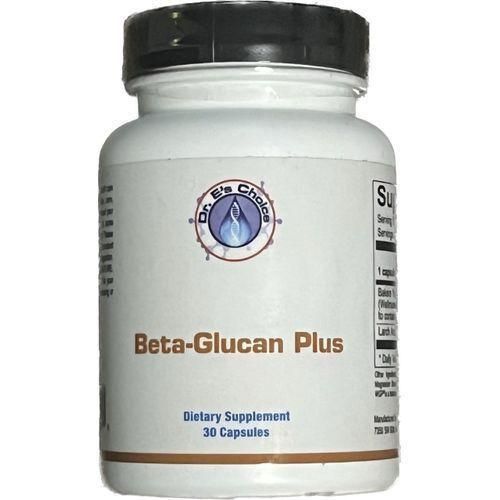
Photo Credit – Google
Emerging research also links fiber intake to cognitive outcomes. Observational studies show that higher total fiber intake correlates with better performance on memory and processing-speed tests in older adults. Some trials with prebiotic fibers, such as inulin and fructo-oligosaccharides, found that participants over 60 experienced improvements in memory tests and gut microbiome composition after 12 weeks of supplementation. These findings suggest that fiber’s effects on inflammation, blood sugar stability, and gut bacteria may contribute to brain health, although more research is needed to establish causation.
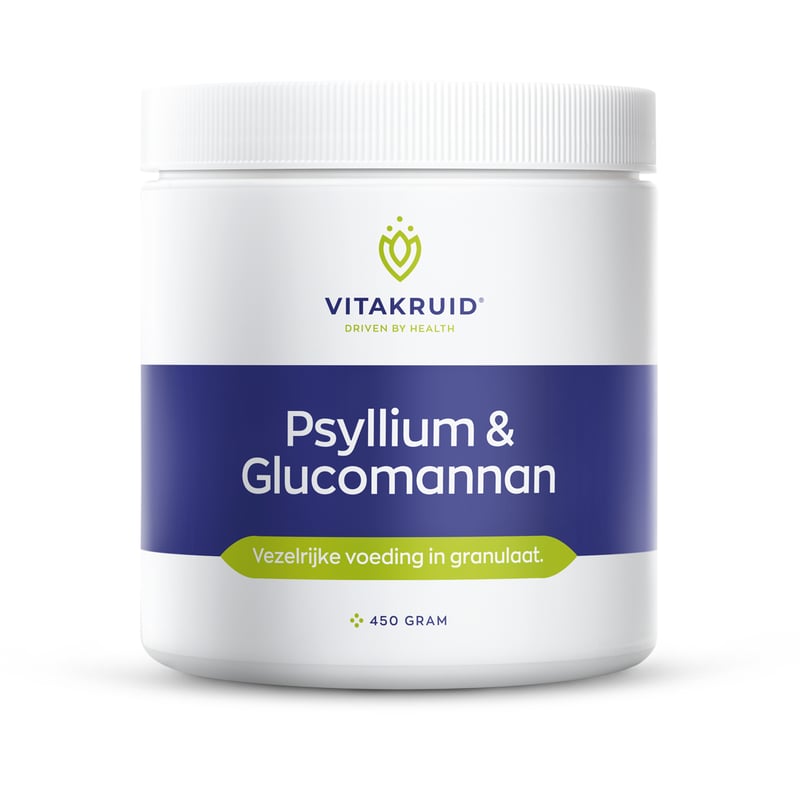
Photo Credit – Google
Certain fiber supplements have the strongest evidence base. Psyllium husk is well-documented for weight management and cholesterol regulation. Glucomannan is valued for its high viscosity and appetite-regulating properties. Inulin and fructo-oligosaccharides act as prebiotics, supporting beneficial gut bacteria and the gut-brain axis. Beta-glucans from oats or barley contribute soluble fiber that promotes fullness and metabolic regulation.
Practical considerations are important. Effective doses in studies typically range from several grams per day, and benefits are most pronounced when supplements complement a balanced diet. Sudden increases in fiber can cause bloating or gas, so gradual introduction with adequate water is recommended. Fiber supplements support dietary strategies, but they are not standalone solutions for weight loss or cognitive enhancement.
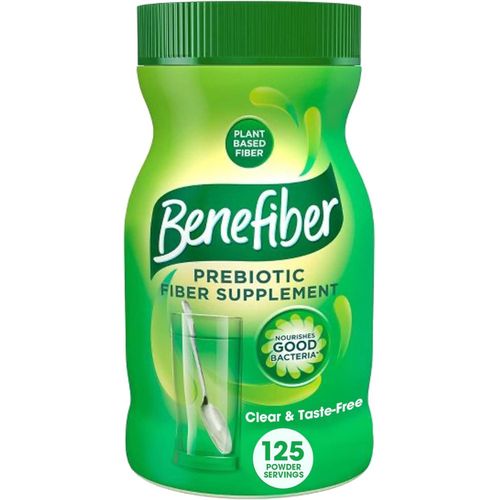
Photo Credit – Google
In conclusion, fiber supplements, particularly soluble and prebiotic varieties, can enhance weight management efforts and support factors linked to cognitive function. They help regulate appetite, influence metabolic signals, and contribute to gut-brain interactions. While not a cure or replacement for healthy lifestyle practices, incorporating fiber supplements offers measurable benefits for metabolic and brain health.
Health
Does Creatine Work for Weight Loss?

About Creatine
Creatine is a natural element that is found in the body and in foods such as fish. It can be found in the muscles and gives the body energy during physical activities. However, in sports or when engaging in fitness activities take Creatine supplements.
How Creatine Works in the Body
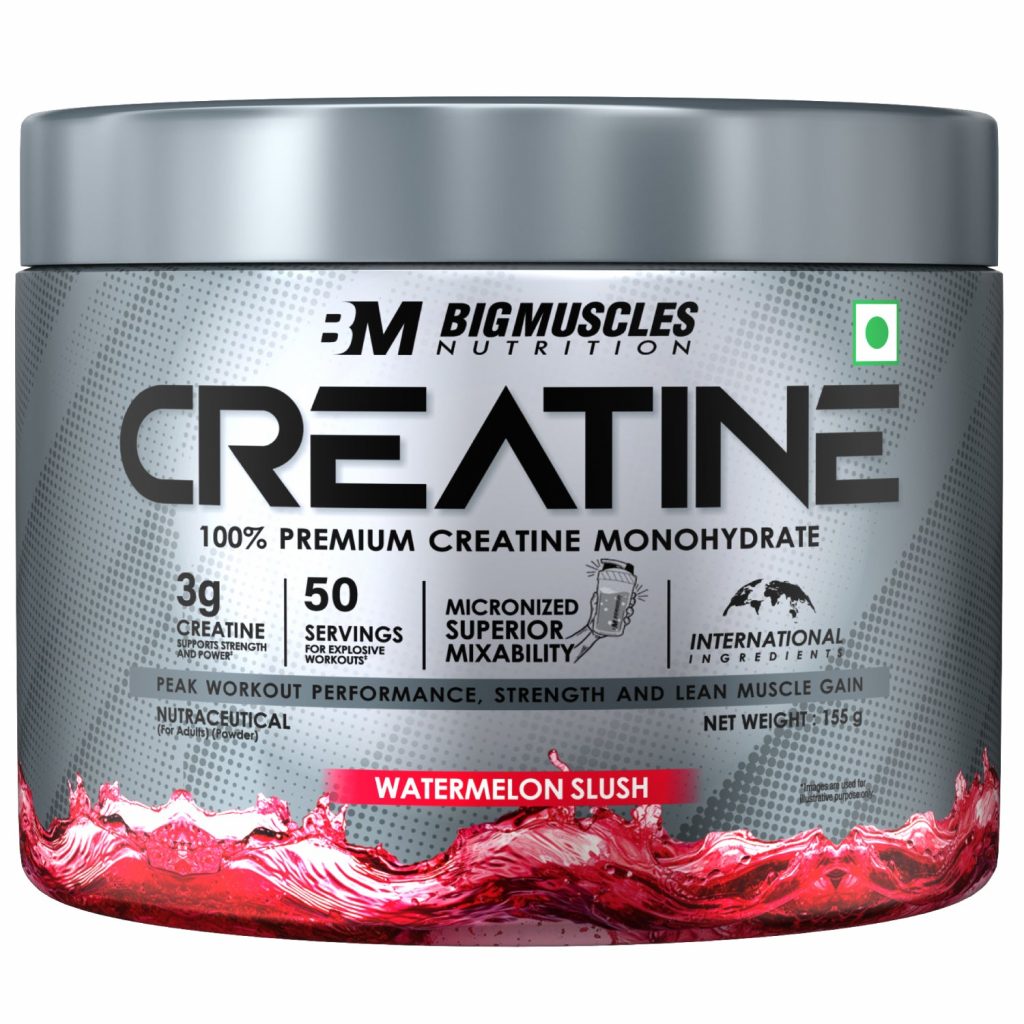
Creatine :Iherb
Creatine helps produce ATP, a molecule that is a huge source of energy. When your creatine levels diminish, it helps replenish them. This is one of the reasons why it is associated with strength gain and improved performance.
Read Also : 7 Vitamins that Supercharge your Body and Brain
Does Creatine Cause Weight Loss?
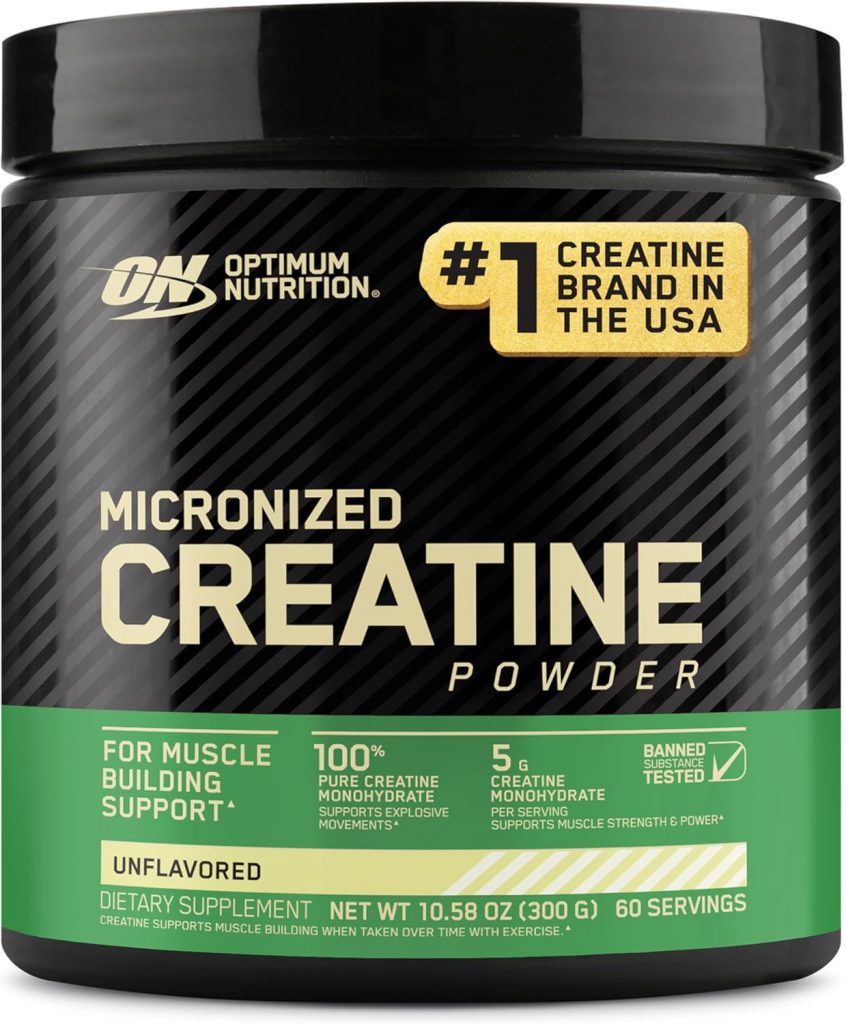
Creatine : Wellness Blog
Using Creatine doesn’t lead to actual weight loss in the real sense. Also, it doesn’t increase fat burning nor reduce appetite. Some people even note the slight gain in weight after using it for some time. This is because there is water drawn into the muscles when used regularly.
How can Creatine support Weight Loss Indirectly?
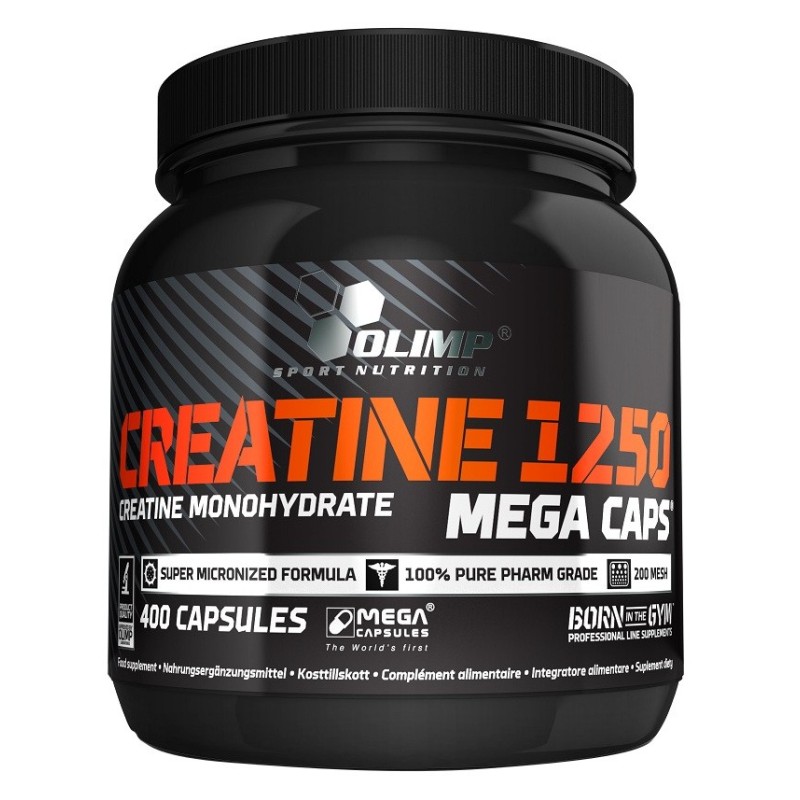
Creatine ‘ Ubuy
Although Creatine doesn’t burn fat, it can help support weight loss indirectly. Because it improves performance, taking Creatine can lead you to train harder. When your workouts increase, there will be an increase in the burning of calories. If this is sustained it can support fat loss, when combined with a good diet.
Why Should You Consider Using Creatine?

Creatine : Amazon
Creatine is a good choice for those who indulge in workouts and high-intensity training. It also benefits those who want to maintain muscle and strength support for the long term. However, you shouldn’t substitute it for proper nutrition or regular physical activities.
Creatine isn’t a weight loss solution but it helps increase energy levels. While it can’t reduce body fat directly, it can make workout mode effective. When used in combination with a balanced diet and regular exercise, it leads to a healthier body.
-

 Fashion7 months ago
Fashion7 months agoLee Khuzwayo in a Long Black Dress, Done Right
-

 Fashion8 months ago
Fashion8 months agoSinqobile Tusani Signature Love Affair with White Outfits
-

 Fashion7 months ago
Fashion7 months agoSinqobile Tusani Elevates the Mini Skirt with Urban Cool
-

 Fashion4 months ago
Fashion4 months agoThabee Happy Paints Johannesburg Pink in Chic Style
-

 Fashion6 months ago
Fashion6 months agoSiphosethu Nkosi Lights up the Scene in Yellow
-

 Music4 months ago
Music4 months agoTyla just dropped her latest single ‘Chanel’
-

 TV1 month ago
TV1 month agoBig Brother Mzansi Season 6 Welcomes Ashay Sewlall: From Footballer to Rising Star
-

 Fashion8 months ago
Fashion8 months agoSiyanda Bani Dazzles in Bold Polka Dot for Studio Shoot





















